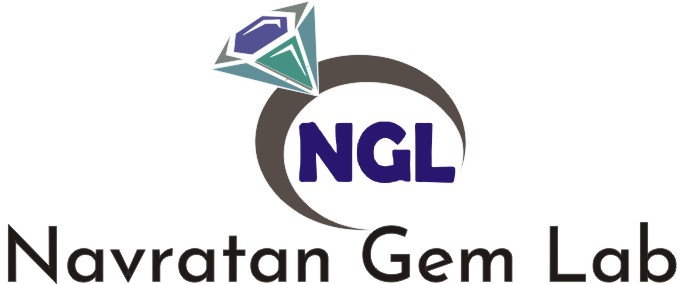Amethyst
Amethyst is one of the most popular gemstones, and has been considered valuable since ancient times. Its name derives from the Greek "amethystos", which means "not drunken", as Amethyst in antiquity was thought to ward off drunkenness.Amethyst colors range from light to dark purple, and the transparent deep purple colors are the most highly regarded.
| Chemical Formula | SiO2 |
| Color | Purple |
| Hardness | 7 |
| Crystal System | Hexagonal |
| Refractive Index | 1.54 - 1.55 |
| SG | 2.63 - 2.65 |
| Transparency | Transparent to translucent |
| Double Refraction | .009 |
| Luster | Vitreous |
| Cleavage | Indiscernible |
| Mineral Class | Quartz |
Sources:
Brazil is the largest producer of Amethyst. It is found there in the states of Minas Gerais, Rio Grande do Sul, Maraba and Bahia. Other important deposits are in Uruguay (in Artigas), Argentina, Bolivia, Mexico, Namibia, Zambia, South Africa, Madagascar, Canada (Ontario), and the United States (Arizona, North Carolina, Georgia, and Maine). A specific deposit of Amethyst known to produce the greenish Prasiolite variety upon heat treatment is the Montezuma Mine in Minas Gerais, Brazil.
Similar Gemstones:
The color of Amethyst is rather unique, and few gems are confused with it, especially in deeper shades. Purple Sapphire and Purple Spinel may be the same color of Amethyst, but these are both very rare and command much higher prices than Amethyst. Iolite may also be similar but has a bluer hue. Fluorite can have the same color, but its very low hardness limits its use as a gemstone and it is only used as a collectors gem.
